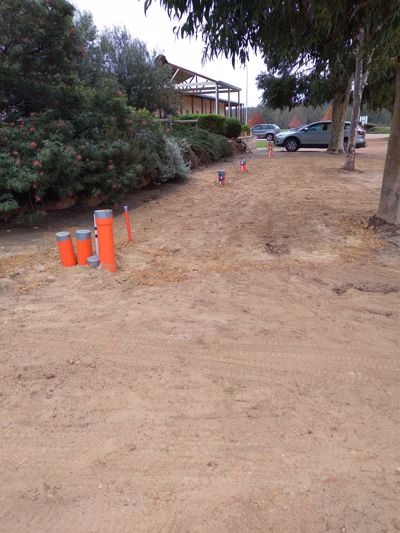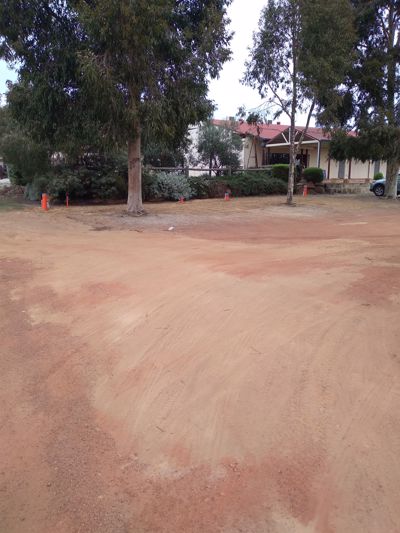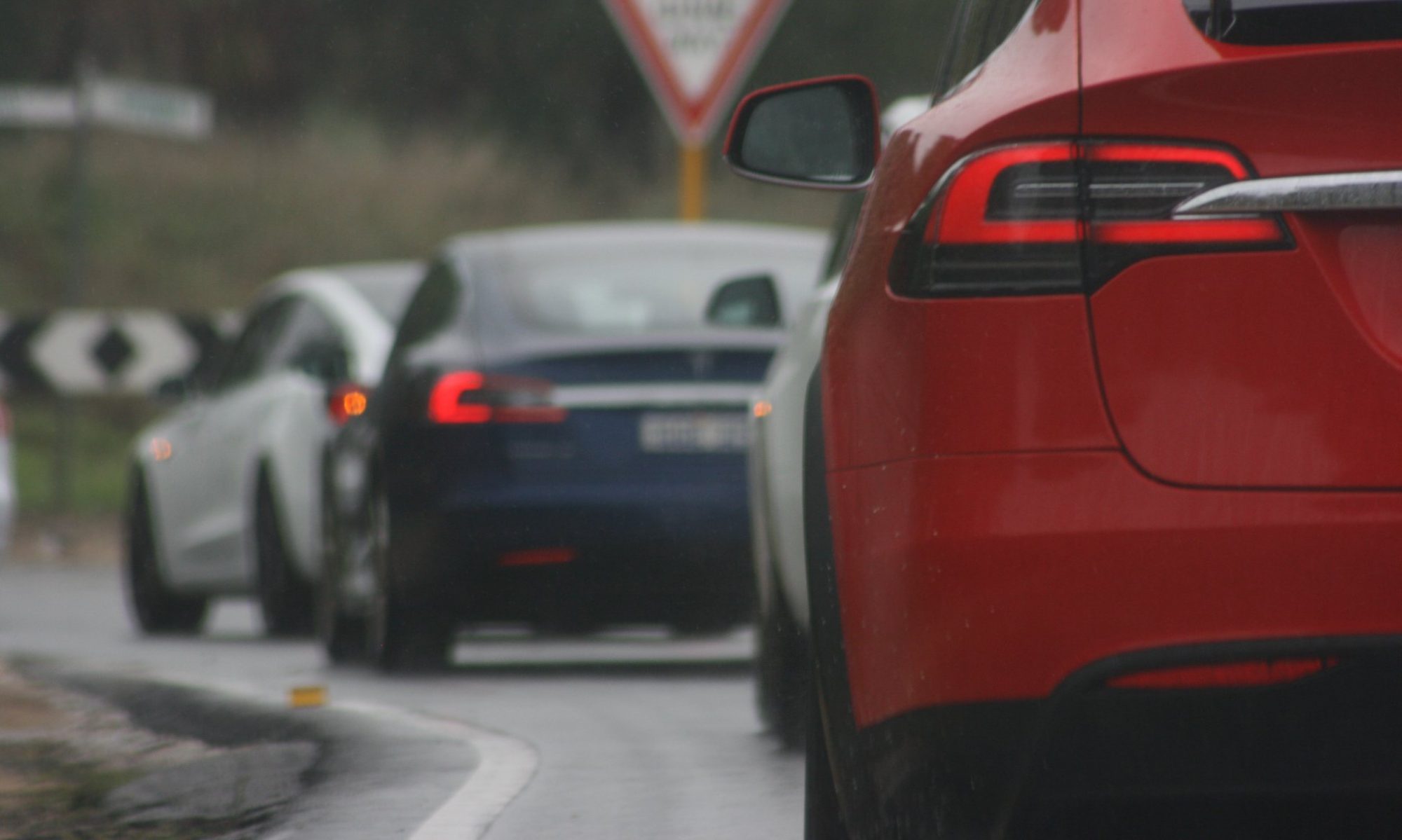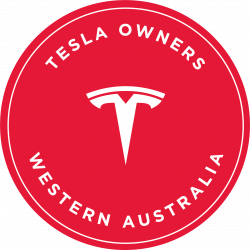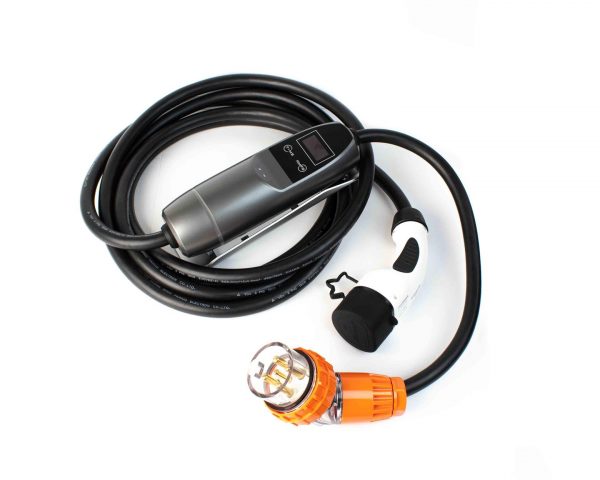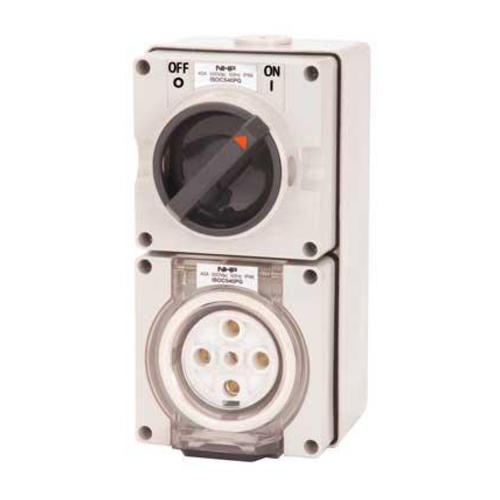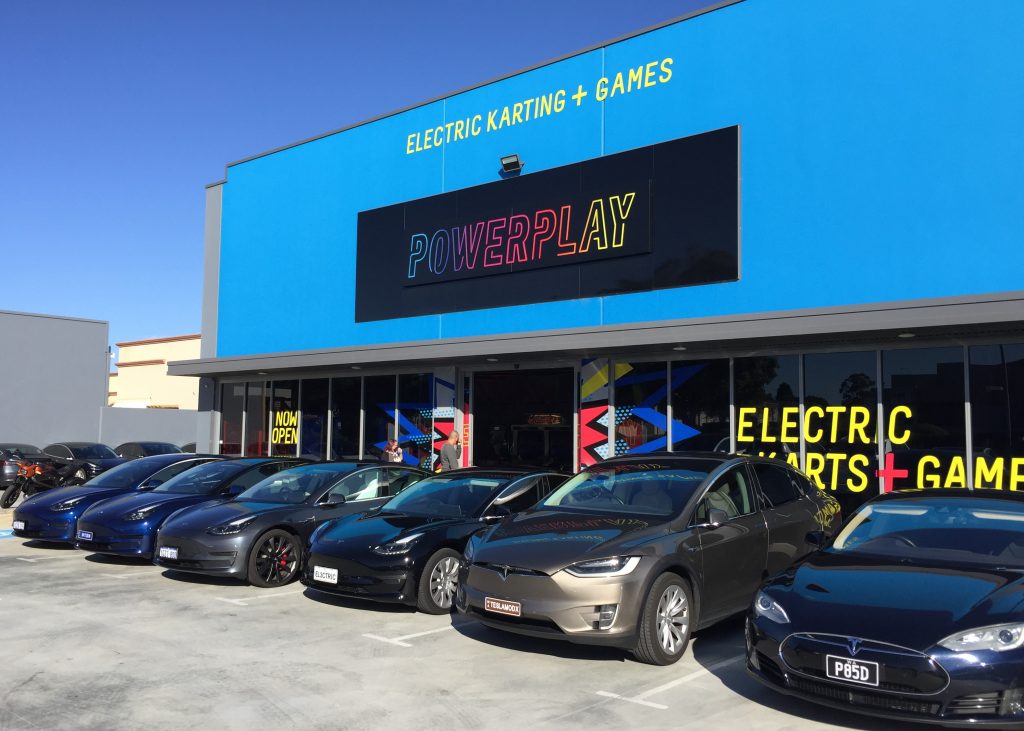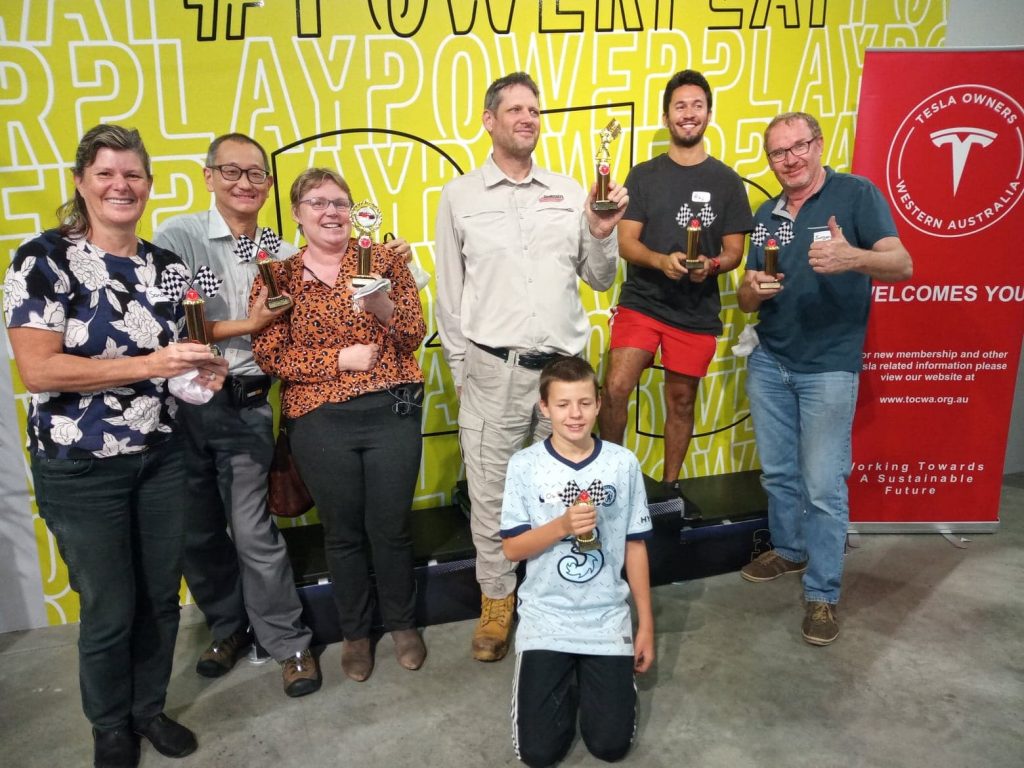If you’re keen to drive you’re Tesla north of Geraldton or east past Merredin it can be done safely as long as you have patience and prepare correctly. If you treat the journey as an adventure you’ll enjoy the trip, treat it as a task that needs to be completed ASAP and you’ll wish you stayed at home.
What will you need to carry?
You don’t need a large variety of charging cables but you do need charging plans A, B and C.
- Plan A is the Tesla destination chargers located around the state, so far most of these have been reliable and most also have a 5 pin three phase outlet nearby as a backup.
- Plan B is a 3 phase mobile connector such as a juice booster or KHONS charging cable that plugs into the dozens of 3 phase 5 pin outlets located all over Western Australia, this will generally provide the same charging speed as a Tesla 3 phase destination charger. Unless you’re planning many long distance trips I suggest you borrow a KHONS cable from TOCWA, paying over $800 for a cable you may only use a handful of times is not good value.
- Plan C is the UMC that is delivered with the car, it’s the one in the square black bag. You may never use this cable but you must carry it, if everything else fails this will get you home, slowly but eventually.
North of Geraldton and east of Kalgoorlie you’ll need a spare tyre, jack and associated equipment. Puncture repair kits are a handy plan B but won’t get you out of trouble if the tyre damage is severe, besides you don’t want to be hanging around some outback town for 3 days while a spare tyre gets transported in. Keep in mind the best way to reduce tyre issues on a long trip is depart home with plenty of tread depth. A spare tyre and wheel combo is available to loan from TOCWA.
The Plugshare app is critical, make sure all fields are open so you don’t miss any charging options. Before departing to the next charging location it’s important you read not just the location details but also previous comments, this may well save you a lot of time and frustration on arrival. Don’t forget to log in and if necessary leave a tip for the following drivers, it’s a great way to support the EV community.
Charging tips.
At some stage in the future virtually all locations in
Western Australia will have fast DC charging until then the following tips will
make any trip far easier.
- Charging from AC will provide the same power transfer and charging speed no matter the battery state of charge right up to approximately 97% so there’s no time saving in adding the bare minimum charge to get to the next location, this is where the saying “Always Be Charging” comes in, take the charge where its available, the next charge location may only be 200kms along the highway but if it doesn’t work you could be spending the next 15 hours charging from a caravan park socket rather than the lunchtime stop you expected. Arriving with 40% state of charge is far wiser than arriving with less than 10%.
- Don’t try and charge too fast if you don’t need to, especially overnight on three phase. If the Plugshare comments say the breaker trips off with extended high amp charging go to the touchscreen settings and drop the amps down a small amount so the car completes charging just before you plan to depart, slower charging is better than no charging.
- Cool the car interior just before departure while still charging, this reduces the energy consumption from the battery needed to cool the car down once back on the highway.
- Ask permission to charge before you plug in. Many of the charge locations in regional WA are provided through the good will of the local business, it’s important to return the favour with a friendly chat if possible. Take note that due to staff turnover the person behind the counter may not even know a chargepoint exists, check the exact location by browsing the plugshare photos beforehand.
General tips.
Get an early start each day and get off the road before dark – there’s far less traffic on the road in the early morning and it’s generally cooler. There’s still some wildlife hanging around the side of the road but it’s easier to see without a continual flow of headlights heading towards you. Early starts and early finish also provide some flexibility if your planned journey for the day takes longer than expected.
Don’t get too confident in quality accommodation being easily accessible, if you want the best possible overnight stay, ring well in advance, and make sure you arrange key collection. Many of the regional locations close up the front office by 6.00pm.
A number of TOCWA’s committee and members have completed long distance journeys throughout the state as well as around Australia, they are willing to share their experience with others so don’t be afraid to ask if you want more information.
